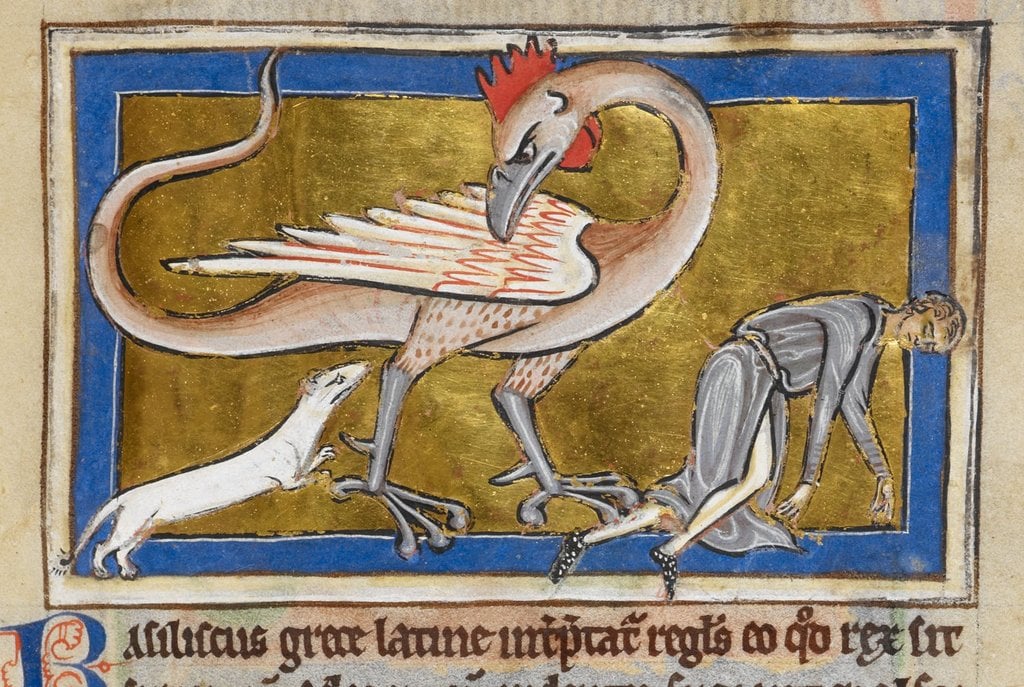A New Take on an Old Tale
Sinbad was on the road again, he always seemed to be on the road. After the fall of Old America over a hundred years ago road travel had become unreliable at best and deadly at worst. The first couple decades were the worst, at least that's what the old timers said. No one could travel safely even within the old states as the whole world devolved into anarchy and chaos. Then humanity started to get itself back off the ground and rebuild. People had congregated in some of the old cities and making progress as a people. They reconstructed the cities into more beautiful forms of their old selves, at the expense of stripping the other cities for parts and resources. This process continued until only twelve cities remained in New America. Because they had used their neighbors for parts, they were roughly equally distanced across the country, leaving huge swaths of the land ungoverned and wild.

Few people dared to brave this expanse as it was filled with outlaws and other undesirables who threatened robbery or worse at every bend in the road. Yet, the cities still needed to trade and people still needed to move between the cities. Planes became impossible to use because of the severe storms which spawned across the land, caused from years of radical climate change. The storms did not affect the cities to the same degree, developments in architecture accommodating the new constraints, but forced most cross-continental transit to be on the old highway system. And that's where people like Sinbad came in. They would set out in their transport vehicles with cargoes from one city and deliver to the next in a massive trading system.
Sinbad specialized in carrying the most expensive cargoes from destination to destination. He had carried nuclear power rods from New Orleans to Los Angeles, scientists from Pittsburg to Denver, and wealthy elites from Chicago to Seattle. His success had hinged on incessant vigilance on the roads, watching for robbers or storms on the horizon. While most transporters would make several stops on any trip at secure way stations along the roads, Sinbad never stopped. Instead, Sinbad used extremely strong coffee to keep him alert on the road. It was a closely guarded secret of his and had lead to his success and a great accumulation of wealth over the years.

The only problem was that Sinbad had become horribly addicted to the stuff. He would go weeks on end without sleep, always ending in a comatose-like crash which would last for days. He had tried to get the monkey off his back several times, but it kept pulling him back in. Anytime he would get close to stopping, saying that he never would drink it or go on the road again, the lure of it would pull him back to it and the road. He simply could not get enough of either in his life.
On this particular trip Sinbad had decided it would be his last, for real this time. He had already had two close encounters with robbers on the road and he was only halfway through a four-part trip. He had picked up the package in Newer York, taken it to Atlanta for some big-wig to look at, and was now taking it to Oklahoma City for another person to inspect before he could finish the trip by dropping off the package in Phoenix. He was quite close to OKC and was looking forward to the rest stop in the city. He was driving through the gutted remain of an old town he thinks used to be called Normal, or something like that, when he drove into the trap.
Usually, highway robbers were very overt, with large barricades or collapsed bridges blocking the roads. Rarely did they use trickery or strategy, and they never did so well. So, when Sinbad saw an old man waving in distress on the side of the road he never suspected trickery. Not really thinking, he pulled over. His momma had raised him right and had told him to always help the elderly.
In all truthfulness, he should not have been surprised when the old man pulled an ancient handgun out and demanded that Sinbad drive him to the city. Wildlings rarely entered the cities and experienced the fruits of civilization, but hijacking a transport was the surest way. Not knowing what to do, Sinbad got in the driver seat at gunpoint and started driving to the city. He expected that the old man would kill him as soon as they reached their destination, but he did not know what else to do.
He looked down at his coffee and took a large, nervous gulp. He kept his eyes averted from the old man as he took another swig. It helped calm his nerves some, and he started to worry less about the situation. However, the old man saw that Sinbad was drinking something and, surely not having had anything decent to drink before in his life, swiped the coffee out of his hands and took a sip. His eyes widened with amazement and proceeded to drink more and more deeply.
The coffee did not seem to have the same affect on the man as it did for Sinbad, however. He became very jittery, very quickly, yet he continued to drink. After a few more minutes it seemed like the man was about to explode with energy. A few minutes later, he lay slumped over in his seat as Sinbad pulled the transport to the side of the highway. The old man's heart had literally exploded from the caffeine, and Sinbad pulled him out of the car and dumped him on the side of the road.
Not believing his luck, Sinbad got back in his transport and continued on his way to OKC to deliver the package. Now he knew for sure that he never would be on the road or drink that coffee again after this trip!
Author's Note
This is a highly adapted version of Sinbad's Fifth Voyage. Sinbad was an Arabic merchant who would travel all over the world by ship and make excessive amounts of money on his adventures every time, despite constantly coming into trouble on the seas. This particular story is adapted from when Sinbad was shipwrecked on an island with an old man who held him hostage by riding on Sinbad's shoulders and locking his legs around Sinbad's throat, threatening to choke him if he misstepped. He would ride on his back for many days, seeking to pluck the fruit out of the trees on the island. During this time Sinbad had made wine for himself to ease his troubles; wine that, once the old man drank it, caused Sinbad to escape. I wanted to focus heavily on the crutch Sinbad had in wine to ease his passage in life, much like the coffee (a personal vice of mine) did for future-Sinbad. He wanted to shake the coffee off as much as the original Sinbad wanted the old man off his back.
Image Source 1: Flickr
Image Source 2: PxHere
Story Source: Andrew Lang's adaptation of Arabian Nights
















